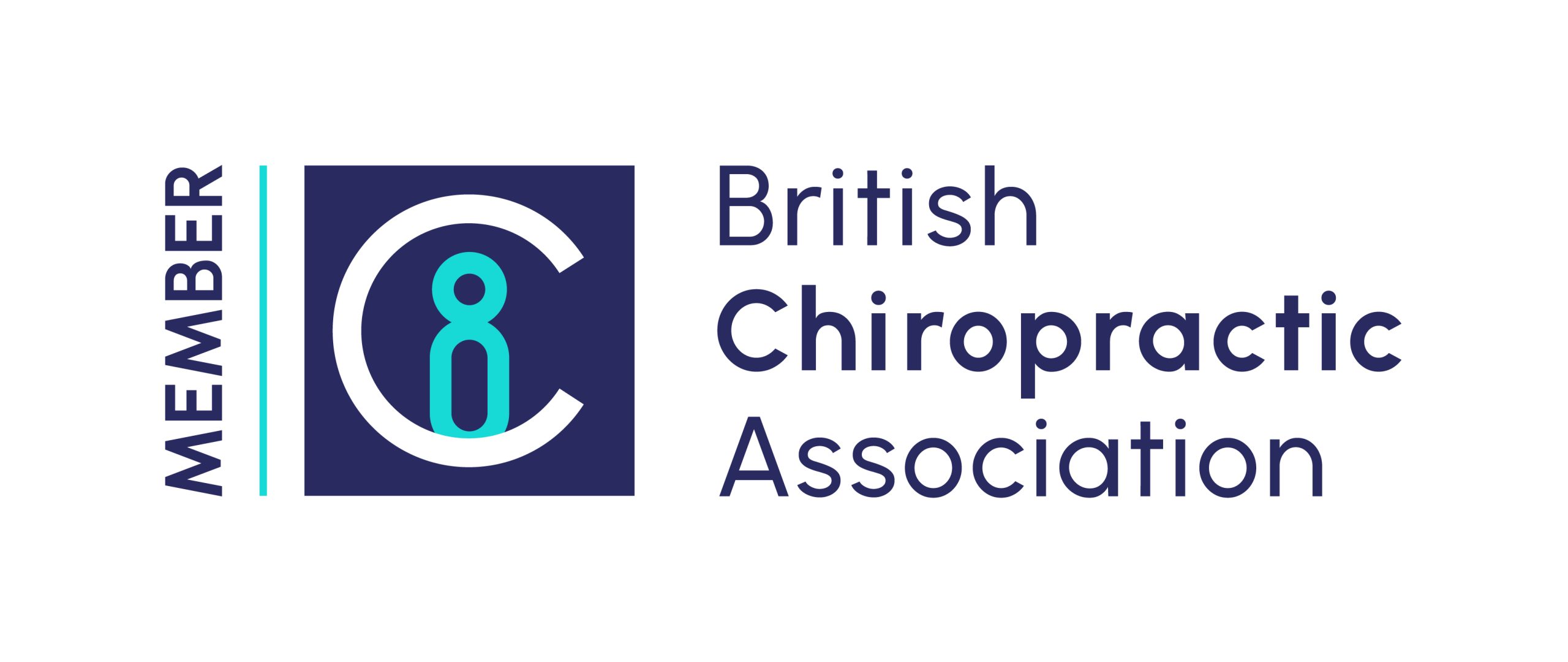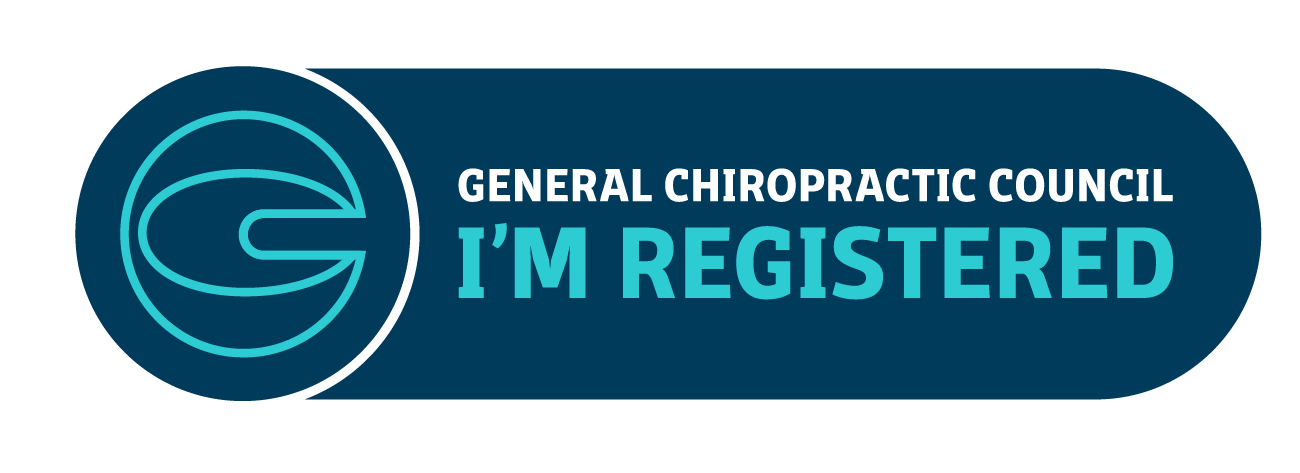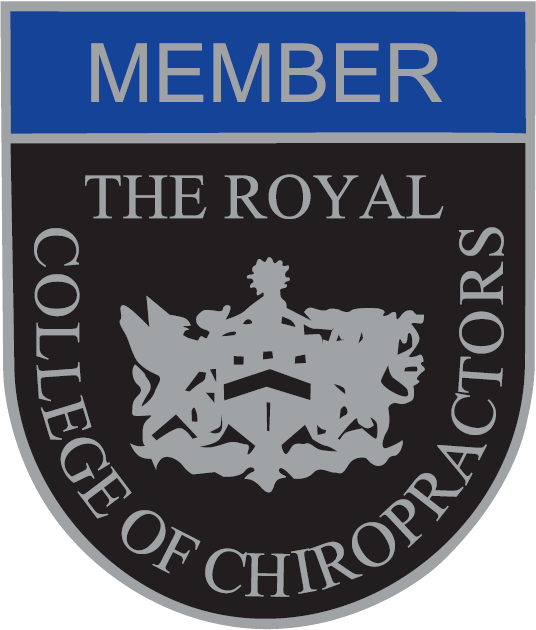 About 31% of the general population experience TMJ, also known as Temporomandibular Joint Disorder. This annoying and frustrating jaw pain is caused by acute or chronic inflammation of the temporomandibular joint, which connects the mandible (lower jaw) to the skull.
About 31% of the general population experience TMJ, also known as Temporomandibular Joint Disorder. This annoying and frustrating jaw pain is caused by acute or chronic inflammation of the temporomandibular joint, which connects the mandible (lower jaw) to the skull.
If you’ve been feeling pain or tenderness in your jaw joints and surrounding tissue, TMJ might be the culprit — especially if you have previous jaw injuries or grind your teeth while you snooze. Fret not, there are many treatments for TMJ, and it doesn’t have to be a permanent condition.
In this article, we’ll look at the symptoms, possible causes, and treatments associated with TMJ — as well as shine some light on what you can do to rid yourself of persistent jaw pain.
What Is The Temporomandibular Joint?
As mentioned before, the TMJ connects your lower jaw to your skull. The joint serves as a hinge and allows you to open your mouth, yawn, and eat. The joint itself is made up of several parts, including the mandible, temporal bone, and a disc between these bones that acts as a cushion to help the jaw move smoothly.
However, sometimes, these structures don’t act as they should due to various factors — or injury happens, causing pain when chewing, talking, or moving your jaw and mouth.
What is the Main Cause of TMJ Pain?
There are many factors, like genetics and lifestyle, that could play a role in the development of your TMJ pain. However, TMJ pain is most commonly caused by:
- Bruxism: This involves grinding and clenching of your teeth, especially at night while you sleep.
- Jaw injury: If you’ve previously taken a big, direct knock to your jaw, it could damage the temporomandibular joint, which can lead to pain.
- Arthritis: Inflammatory conditions such as osteoarthritis or rheumatoid arthritis can cause degeneration to the joints, leading to an achy and painful jaw.
- Malocclusion: This condition means your teeth don’t fit exactly right, and improper alignment can lead to TMJ pain.
- Stress: You can overly clench your teeth or tighten your facial muscles when you’re stressed, which increases the risk of jaw pain.
- Disc Degeneration: The disc in the joint acts as a cushion, and if it is eroded or displaced, your jaw will move out of balance, and you might experience pain or a clicking sound.
Additionally, the jaw doesn’t function in a vacuum. TMJ pain can further arise due to issues with the neck or spinal area. In fact, neck pain is present in about 70% of TMJ cases, indicating that these two are undeniably connected. Sometimes, this means addressing these underlying issues to reduce or eliminate jaw pain.
Symptoms of TMJ
Suffering from jaw pain and not quite sure why? It might be TMJ issues if you have these common symptoms:
- Pain and tenderness in your jaw
- Pain in or around your ear
- Pain while chewing or eating
- Facial pain
- Your jaw locks, making it difficult to open or close your mouth
Treatment for TMJ
Many cases of TMJ go away without treatment. However, if you are experiencing chronic jaw pain, you likely want to do something about it. Here are the most common treatment options:
- Pain Relievers: Over-the-counter pain relievers or anti-inflammatories can help you deal with discomfort and pain. However, it’s worth noting these should not be used long-term.
- Muscle Relaxants: Your healthcare professional might prescribe some relaxants to help relax your jaw muscles.
- Mouth Guards: If you grind your teeth in your sleep, you can use a mouthguard to protect your teeth and jaw.
- Physiotherapy: A physiotherapist can direct you on what exercises to do to strengthen your jaw and surrounding muscles.
- Chiropractic Treatment: Chiropractic treatment can help realign your jaw, reduce muscle tension, and also help with your upper back and shoulders which are closely linked to your jaw.
The good news is that TMJ is a common but very treatable condition. With professional chiropractic care, the Bradford Chiropractic team can help you get back to enjoying your life without pain holding you back. Book an appointment with us today.









